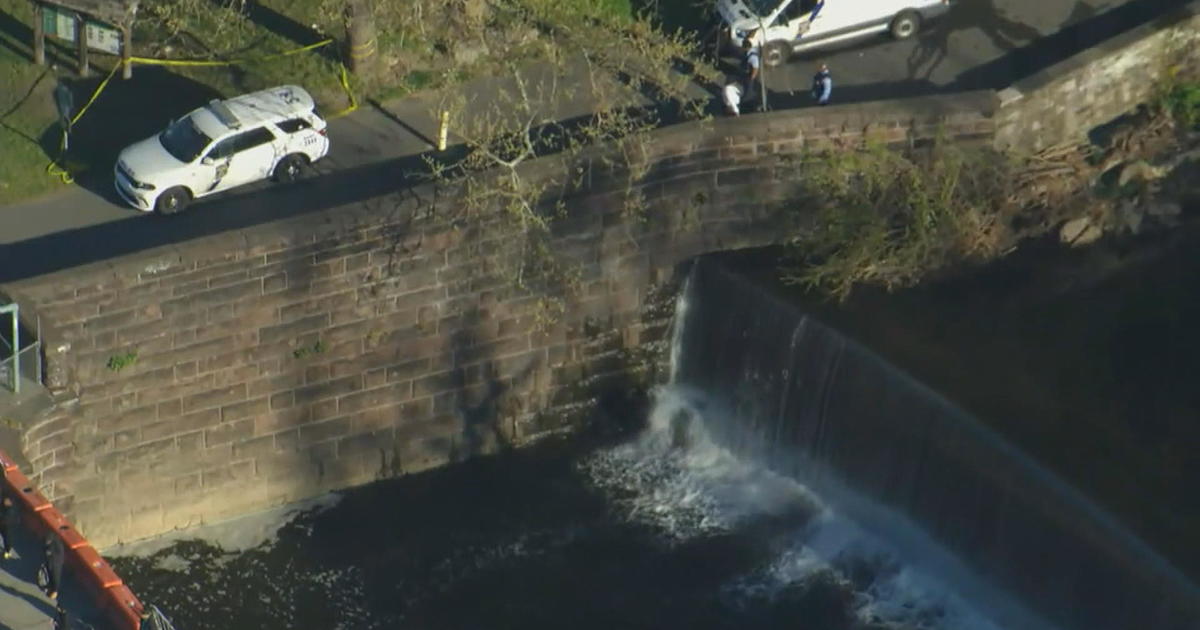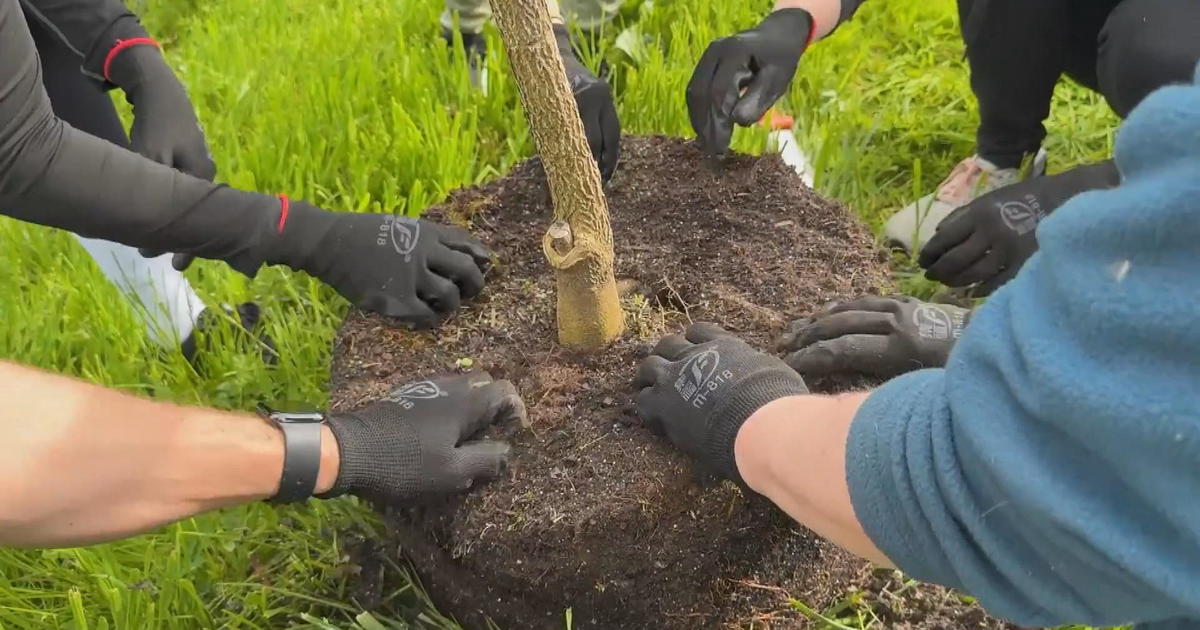How The 'Gross' Plant Taking Over The Schuylkill Is Actually Beneficial
PHILADELPHIA (CBS) -- It is quite clear that the water of the Schuylkill River, near Philadelphia, is not so clear. In fact, it's taken on a new hue. So what's up?
"That's what I'm trying to figure out. I don't know, but it looks gross," said Joan Lewis. For that inquiry, look no further than this girl, enjoying a midday snack at Longwood Gardens.
"What they are seeing is a plant called Duckweed and it's a plant that proliferates so it goes from not being there at all to suddenly big mats of it so people tend to notice the change very quickly," said Tom Brightman, the land steward at Longwood Gardens.
A close inspection shows that Duckweed is actually a bunch of tiny individual, but intertwined plants. The last time it took over the Schuylkill was in 1999, for the same reason as it is now
"Typically you see it a lot in ponds like ours, but the reasons Philadelphians are seeing it in the Schuylkill is that we haven't had a lot of rain the flow is pretty low so it's pretty stagnant so it's starting to build up," Brightman explained.
While rowers aren't exactly enthused to push through it, Duckweed serves as a sponge when there is an abundance of nutrients in a waterway, which helps to clean it up. It also acts as shelter for vital mosquito eating insects.
"What it does also do is sometimes shades out and competes with algae which are typically worse because algae, if you get a big algae bloom and then it dies it can rob oxygen from the water and you could have fish kills. So, in the short term, it's a really good thing to have," Brightman said.
It's benefits can extend beyond the health of a waterway.
From water to sky, tens of millions of dollars in our area has gone into transforming Duckweed into a renewable resource. One example is jet fuel.



